Palexelsiya Lorelei Williams wears many hats, and her role as a mother is one she wears proudly. It’s a pride she holds close, like the Indigenous mothers she supports through her work.
She tells me that the role of a parent is one that Indigenous people have to try the hardest to prove they’re good at in order to keep. According to 2021 Census data, 53.8 per cent of children in foster care are Indigenous, but account for only 7.7 per cent of the child population in Canada.
This disparity is an outcome of the long tail of colonial violence and trauma that has endured across generations, and which Williams works to shed light on through her advocacy and performance work.
“They give these foster parents so much money to take care of her, but they don't have the same support available for the mom,” Williams told The Tyee when recalling the case of Noelle O’Soup, a 14-year old Indigenous youth who was found dead after they went missing from their group home. Their uncle, Cody Munch, told CBC in 2022 that the family was fighting to remove them from the group home when O’Soup disappeared.
For Williams, finding spaces where Indigenous women, girls and Two-Spirit people can feel safe and comfortable means the world. And it has been the focus of her life’s work as an outspoken advocate for Indigenous women and the founder of the Butterflies in Spirit contemporary Indigenous dance group. Until 2019, she worked as the women’s co-ordinator at the Vancouver Aboriginal Community Policing Centre, where her role aimed to strengthen relationships between Indigenous communities and the Vancouver Police Department.
Given her deeply emotional work, I wonder how Williams carries it all: she is a student, mother, performer and advocate. What keeps her going?
A sense of healing is what I saw in her work with Butterflies in Spirit. With Butterflies, she celebrates her identity, culture and community through dance, while honouring the missing and murdered Indigenous women for whom Butterflies in Spirit exists to remember.
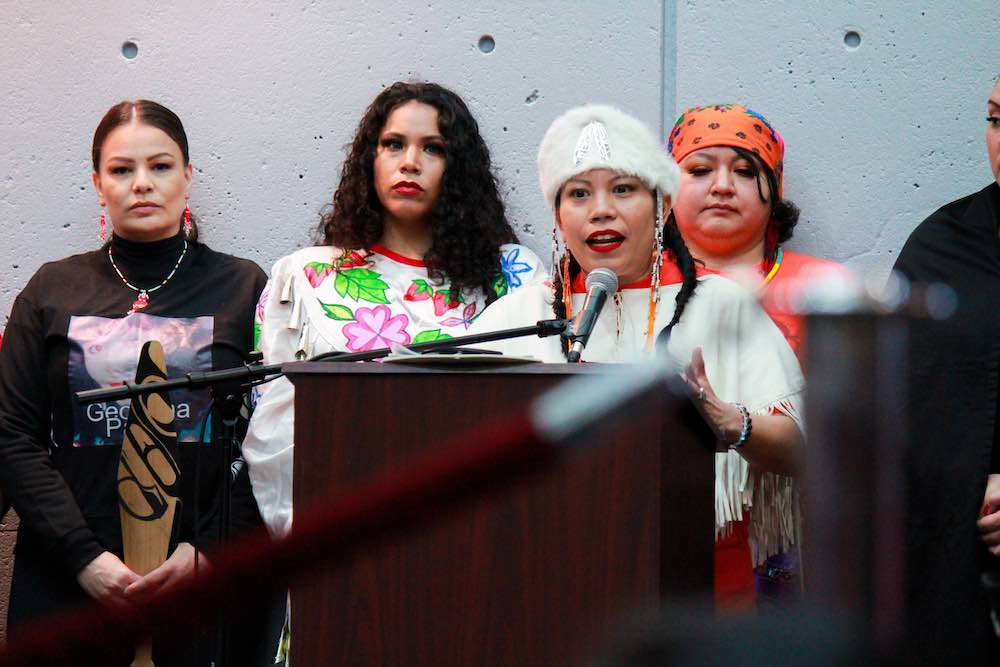
After being invited to witness a performance by Butterflies in Spirit on May 5, The Tyee had a chance to interview Williams on her extensive advocacy for Missing and Murdered Indigenous Women, Girls and Two-Spirit people. This interview has been edited for length and clarity.
The Tyee: Since your first performance during the Missing Women Commission of Inquiry in 2012, and testifying at the National Inquiry into Missing and Murdered Indigenous Women and Girls in 2016, what do you think has changed?
Palexelsiya Lorelei Williams: We’ve had all these inquiries — but nobody follows the recommendations that come out of them.
From my experience of working in the Downtown Eastside and in my own case, I’ve called the police and felt like they were not going to do anything about it. One time, I didn’t mention anything about where I worked and the police took my report and said there was nothing that they could really do about it. But when I mentioned where I worked, and who I worked with, they said they can follow through with something.
But from working in the Downtown Eastside with Indigenous women and girls, I’ve definitely noticed common themes and how the police were always asking the same questions. One of the things that they asked me was, "What do you want us to do about this?" while I'm thinking to myself, well, you're the police. I want something done about this, right?
So a part of my job as an Aboriginal policing liaison [was] to try to build positive relationships with the community and the police, which is really hard considering our history.
When I would bring one of these officers or sergeants in, my women would say “We try to report it. But once they ask that question, we feel discouraged.”
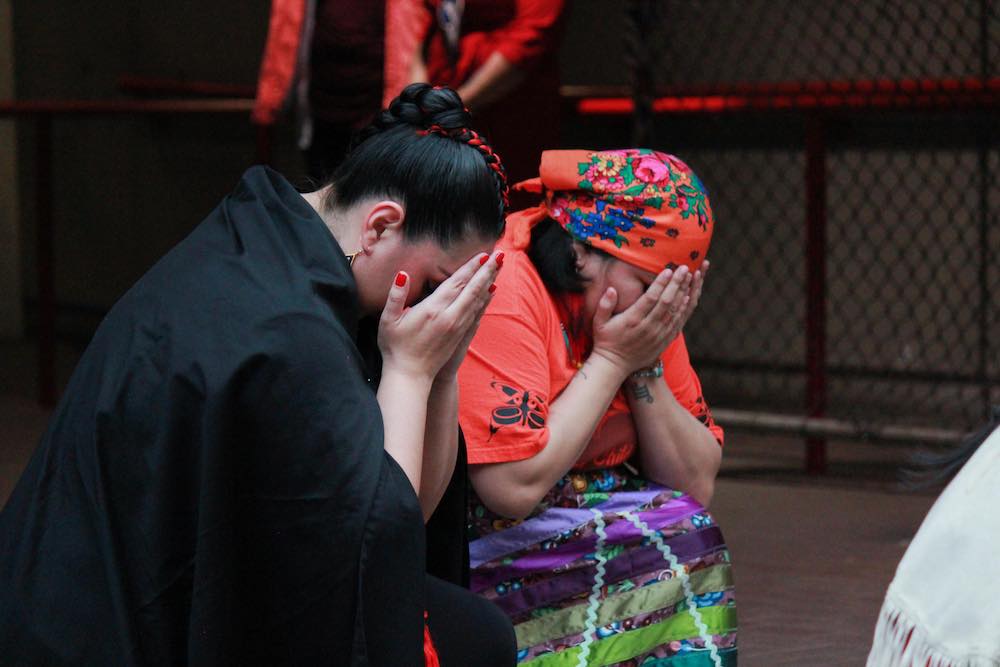
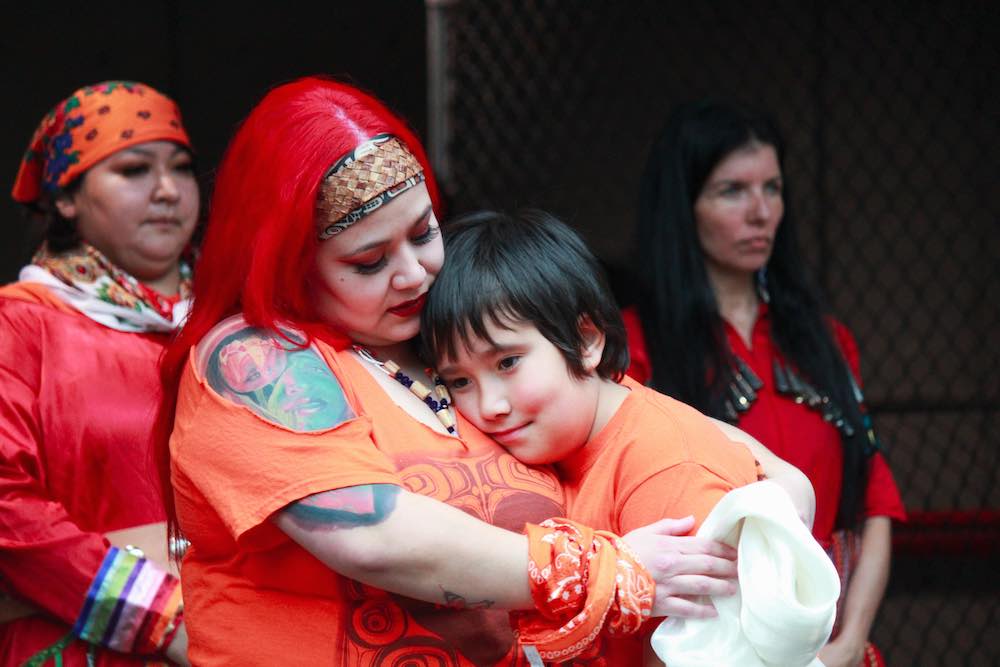
The RCMP reported Michelle Margaret Alec, a young Indigenous woman from B.C., missing on May 23, 2023. But it’s come to light that she had been missing since early April 2023. She was found a few days after the police filed her missing persons report. How often do you have to tackle gaps in prompt filing and investigations?
My family and I have a history with this. When my aunt, Belinda Williams, went missing back in 1978, my family tried and tried to report her missing but the police didn’t take it seriously. She wasn’t listed missing until 2004.
My cousin Tanya went missing in 1996, my family came forward again to try to report her missing. But her case wasn’t taken because she wasn't deemed a sex worker or a drug addict. It wasn’t until I started my dance with Butterflies in Spirit and repeated requests, that my aunt got a missing persons poster.
But it was only because I asked.
In 2021, the uncle of 14-year-old Noelle O’Soup, who you mentioned earlier, was in talks with the B.C. Ministry of Children and Family Development to bring them back home. He told CBC that “foster homes are residential schools 2.0. It's a ripple effect.” What do you make of that comment?
This Elder said it so well. You know, when the residential schools were happening, all the siblings had each other in the residential schools, whereas now, the siblings are separated into all of these different foster homes. Which is worse.
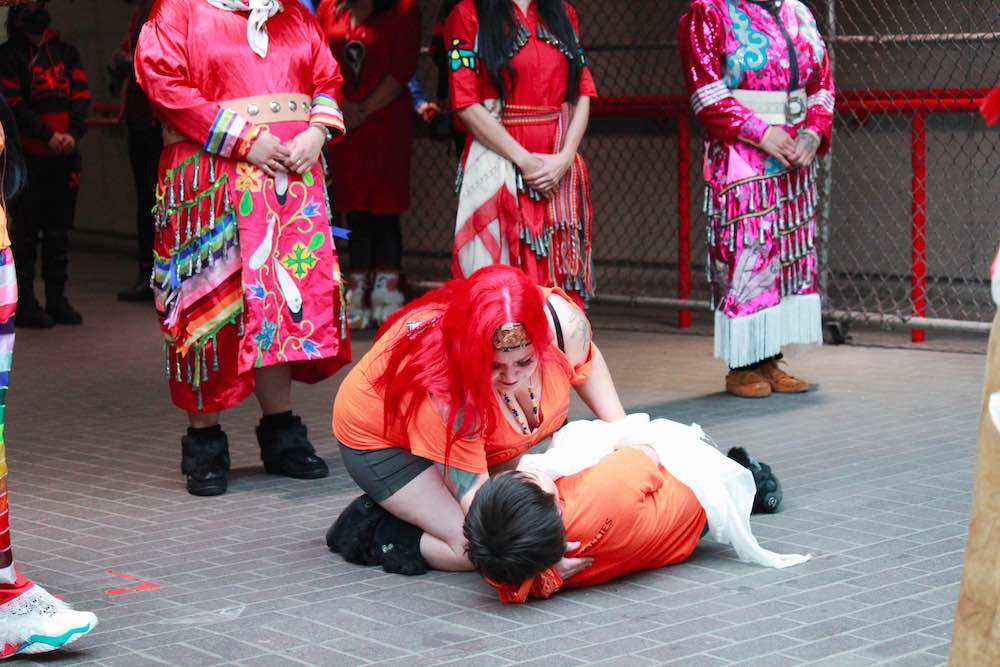
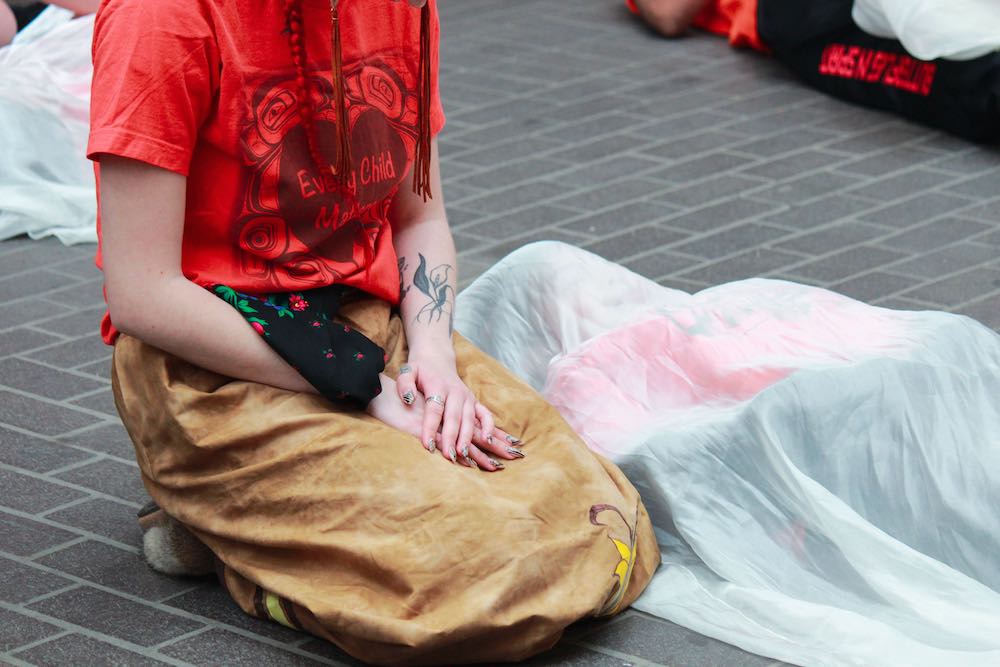
Butterflies in Spirit designed art panels honouring MMIWG2S, which are displayed at Stadium-Chinatown SkyTrain Station. Those boards recently travelled to the Indigenous Arts and Fashion Festival in Cannes, where you also walked the runway. Could you describe the art installation and tell us a bit about the project?
We had a private ceremony of the unveiling of the boards on May 3, just for the families of loved ones featured on the boards and for Butterflies in Spirit, because we knew viewing it the very first time could be difficult. There were a few photos that went on social media. On May 4, I got a message asking for those boards to be brought to Cannes. And all of a sudden I'm in France. We didn't think the art installation would make its way to France, in front of celebrities like [Canadian actress] Tantoo Cardinal. Martin Scorsese was at that event too.
Originally, when TransLink approached me, they wanted pictures of just Butterflies in Spirit dancing while focusing on Red Dress Day. They kept calling it Red Dress Day, which I have a problem with.
But I said if we’re going to do this, I would like to have — yes, pictures of us — but standing there with the ones that we represent, our missing and murdered loved ones.
Because that’s why I started Butterflies in Spirit. It is to get our missing and murdered loved ones’ pictures out there.
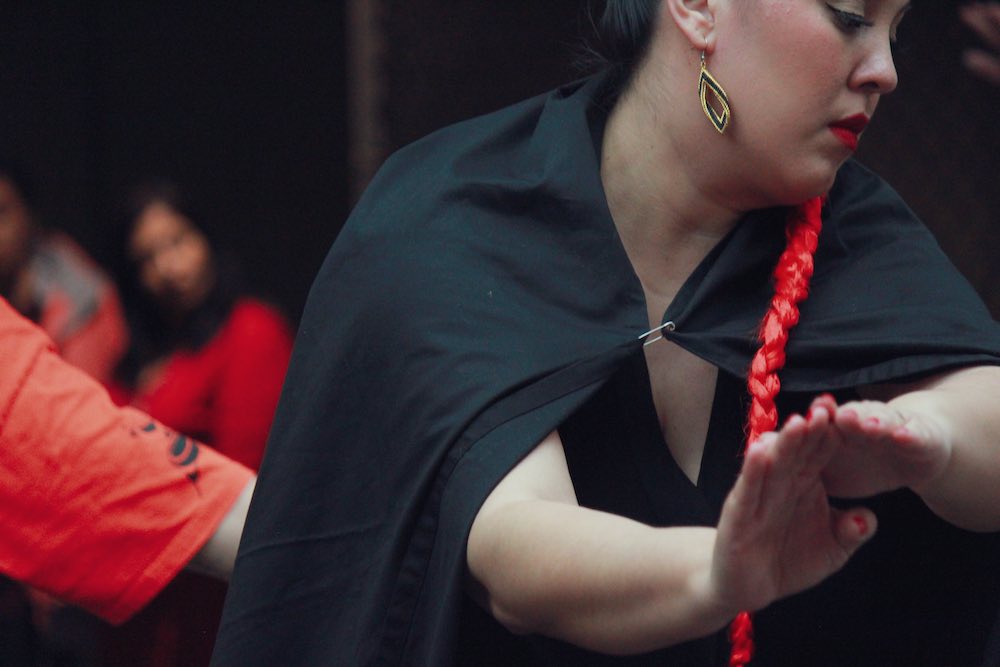
Could you tell us why you feel uncomfortable remembering May 5 as “Red Dress Day”?
May 5 in the States is National Day of Action for Native women [officially called the National Day of Awareness for Missing and Murdered Indigenous Women and Girls]. But that’s the birth date of Hannah Harris [of the Northern Cheyenne Indian Reservation in southeastern Montana], who was found murdered. That’s where it originates from.
And so when people are calling it Red Dress Day, they’re referring to Jaime Black who started the Red Dress Project, which is an amazing project.
But it’s taking away from what it originally is about. We can’t forget Hannah Harris’s name. ![]()
Read more: Indigenous, Rights + Justice, Gender + Sexuality




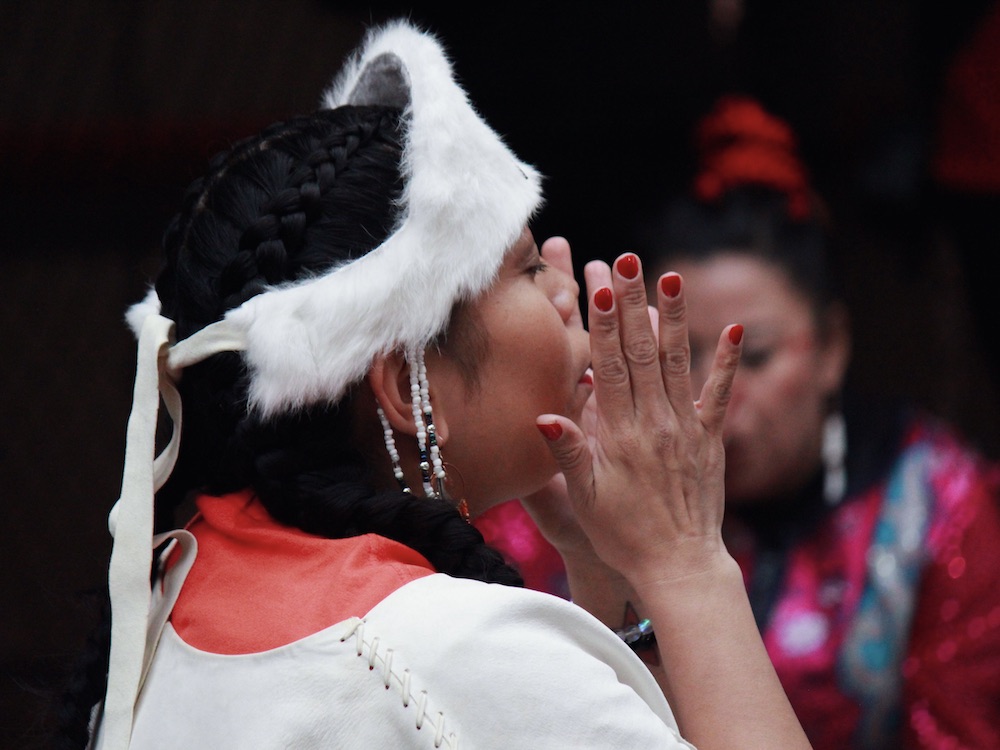












Tyee Commenting Guidelines
Comments that violate guidelines risk being deleted, and violations may result in a temporary or permanent user ban. Maintain the spirit of good conversation to stay in the discussion and be patient with moderators. Comments are reviewed regularly but not in real time.
Do:
Do not: